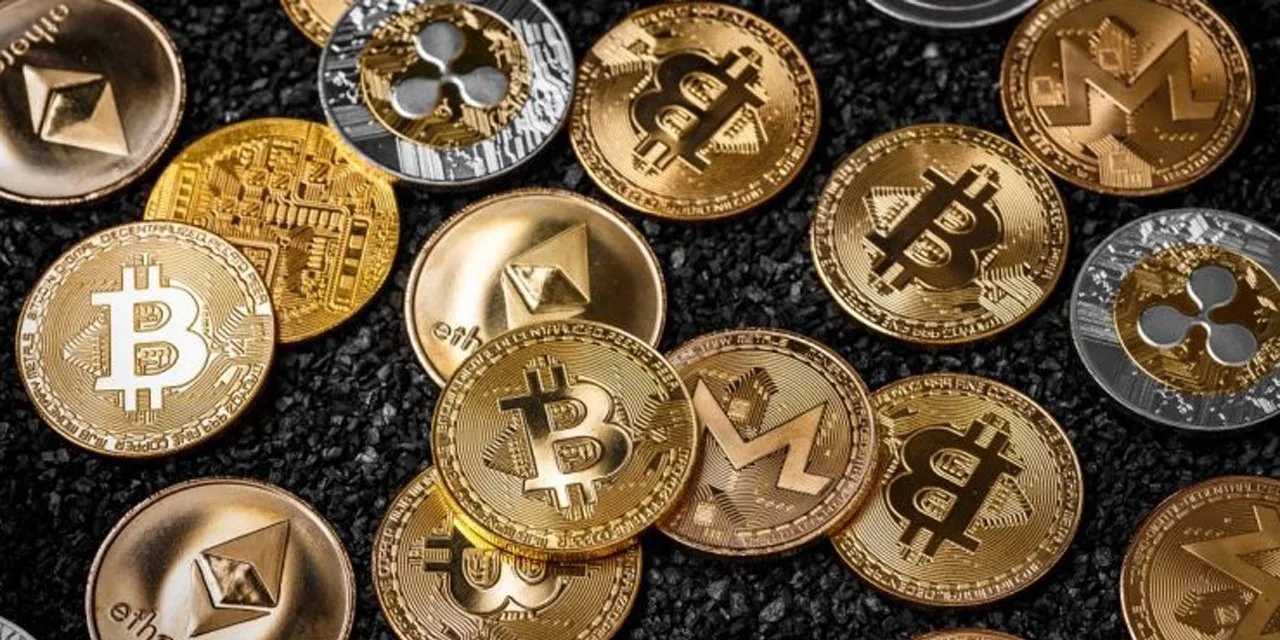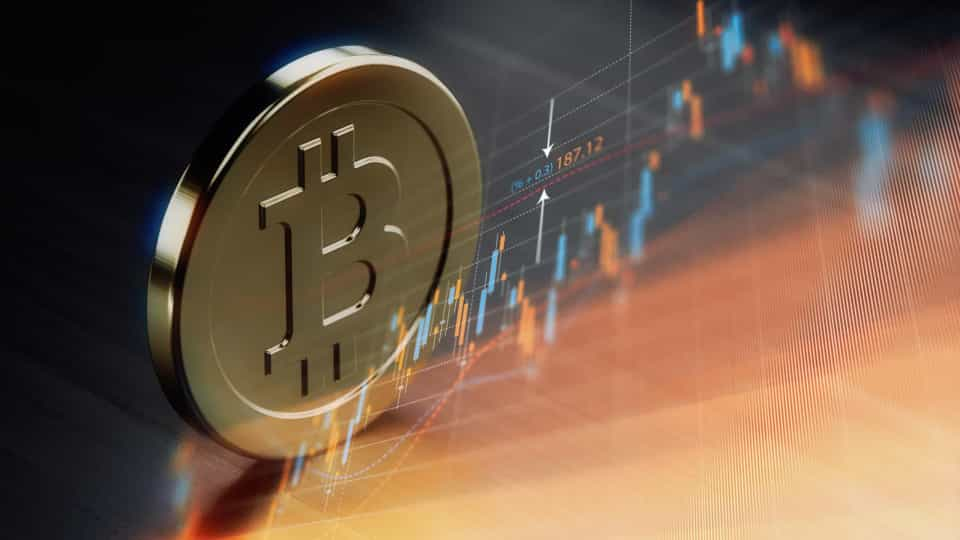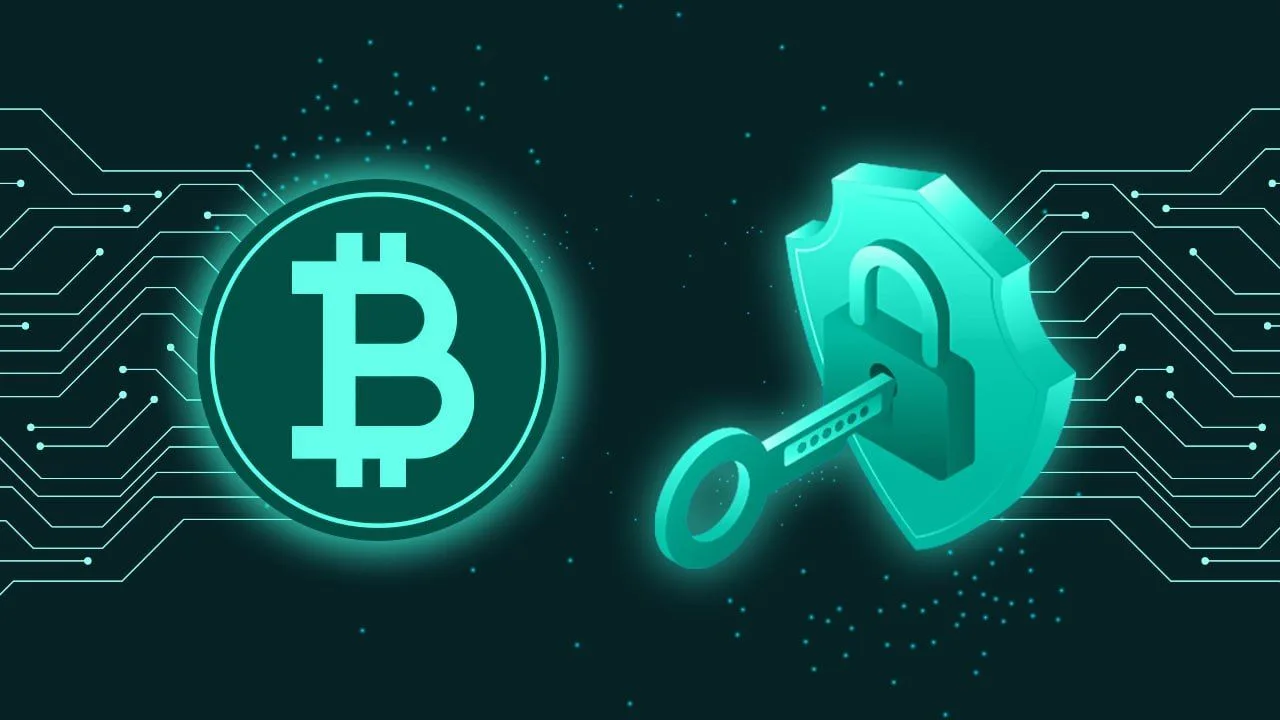What Are The Security Concerns Surrounding Cryptocurrency Exchanges?
Cryptocurrency, one of the most popular financial topics of recent years, brings with it many advantages but also some risks. Cryptocurrency exchanges, especially those with sudden declines and rises, present many security concerns for investors.
Even in the absence of any security breaches, as well as hacker attacks or fraud attempts, investors may have some security concerns for cryptocurrencies in terms of their volatility and liquidity. Cryptocurrency exchanges may contain some security risks if they are not offered by reputable and reliable institutions.
The best way to minimize these possibilities is to choose one of the reputable institutions that provide services in compliance with legal regulations. Although cryptocurrency exchanges are transparent ecosystems, not every platform is equally secure.
I prefer platforms that are reputable and reliable in their cryptocurrency investment projects. However, I must remind you that all these threats also existed in traditional banking methods. In the age of digital banking, where almost all financial transactions can be managed online, there have also been serious developments in security measures.
How Do Cryptocurrency Exchanges Protect User Assets From Hacks?

Many cryptocurrency exchanges allocate resources to high-level measures and digital solutions to maintain the security of users. Cryptocurrency exchanges require more advanced security measures compared to traditional banking ecosystems, with the flexibility and high transaction volume they offer in international transfers.
One of the most well-known methods is strong encryption techniques. Cryptocurrency exchanges are an innovative financial universe that benefits from blockchain technologies. All transactions in this ecosystem are encrypted through difficult algorithms and recorded in digital ledgers. This process eliminates the possibility of security vulnerabilities.
Another security measure that cryptocurrency exchanges benefit from is cold wallet storage. Thanks to cold wallet storage, cryptocurrency exchanges permanently protect users’ data and assets. Moreover, this operation is carried out with high confidentiality. Considering the digital solutions and technologies it includes, I can claim that it is even more secure than traditional bank accounts at some points.
What Are The Common Types Of Cybersecurity Threats To Exchanges?
Since online banking and cryptocurrency exchanges are ecosystems managed online, they may be exposed to some cybersecurity threats. The most common cyber security threats include phishing, malware and DDoS attacks. Even though there are various types of cybersecurity threats to cryptocurrency exchanges, these are the most common ones.
Phishing is simply the method of using fake emails to steal users’ information. Malware is the general name for malicious software. DDoS attacks, which stands for Distributed Denial of Service, mean using a large number of computers to intensify traffic and develop malicious applications.
These can be remembered as the most common cybersecurity threats. In addition, malicious applications can be observed using additional software or technologies. However, these possibilities are also valid for traditional banking ecosystems. Managing your transactions online does not mean you are vulnerable to these threats. Online security measurements can assist all your security needs in an advanced way.
How Can Users Safeguard Their Cryptocurrency Holdings On Exchanges?
Even though cyber security threats are an issue that should be taken into consideration for cryptocurrency exchanges, there is still no process that requires users to take extra precautions for these risks. The dual-verification passwords that secure traditional bank accounts can also be applied to cryptocurrency exchanges.
Cryptocurrency exchanges offer a highly secure financial universe thanks to the solutions offered by blockchain technology. It is essential to identify a reliable and reputable cryptocurrency exchange. Once such a platform is chosen, it is almost impossible for you to encounter any cyber security threats.
Some extra precautions can also be taken to ensure that users protect their assets safely. For example, passwords that allow them to enter their digital wallets should be chosen strong and difficult. It should be stored securely on devices where access to digital wallets is provided. You should also make it impossible for different users to access your digital wallets with two-factor authentication encryption.
What’s The Role Of Regulation In Enhancing Exchange Security?

Although banking regulations have not kept up with the developments in fintech and remain outdated, they are critical in maintaining the security of exchanges. If a country officially recognizes cryptocurrency exchanges and provides criminal sanctions for cyber crimes in this area, it will be a safer market for users.
Since the regulations are created according to traditional banking dynamics, there may be violations due to deficiencies or vulnerabilities at some points. In such cases, the responsibility falls on the cryptocurrency exchanges.
Strategies and technologies that ensure the security of cryptocurrency exchanges are maintained in compliance with official regulations should be offered by exchanges. If you want to store your assets in the form of digital assets on cryptocurrency exchanges, choosing a reliable and reputable platform will be largely sufficient.
Regulations need to be renewed with a modern perspective that follows updates and developments in order to make the functioning of cryptocurrency exchanges more secure and stable.
Are Decentralized Exchanges Safer Than Centralized Ones In Terms Of Security?
Decentralized financial ecosystems offer more flexible and independent transaction capacity. This may bring some minor risks. Traditional banking ecosystems offer limitations because they are in a centralized system for transfers and transactions. Cryptocurrency exchanges, on the other hand, are a decentralized and liberal ecosystem, unlike traditional banks.
In terms of security, decentralized operating ecosystems may carry some risks. However, it is very unlikely to observe such a threat on a reputable cryptocurrency exchange. Although Blockchain technologies are still a risky market by many large investors and banks, they are making radical changes in the financial world with the numerous advantages they offer.
Cryptocurrency exchanges located in a decentralized network allow users to be more free and flexible. However, this does not mean that it is vulnerable to security breaches. As someone who develops investment projects with both traditional banking methods and cryptocurrency exchanges, I can claim that decentralized ecosystems do not have any serious security problems.
See you in the next post,
Anil UZUN
